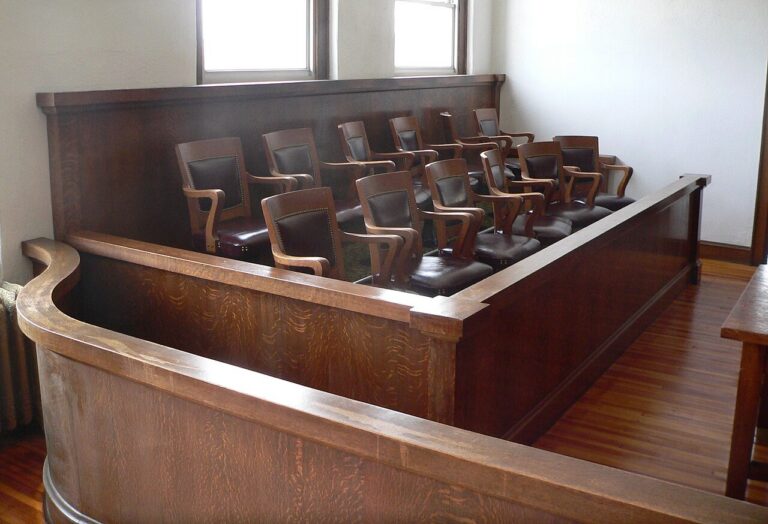
Andrew Strom is a union lawyer based in New York City. He is also an adjunct professor at Brooklyn Law School.
Two of the key talking points Republicans in the House of Representatives repeated endlessly in defense of Donald Trump were that Trump did not directly threaten Ukranian President Volodymyr Zelensky during the July 25th telephone call, and Zelensky later said that he didn’t feel pressured by Trump. A landmark 50-year-old Supreme Court labor law case, NLRB v. Gissel Packing Co., has much to teach us about these two defenses.
In considering the conversation between Trump and Zelensky, it’s worth recalling what the Court said about statements employers make to workers: one “must take into account the economic dependence of the employees on their employers and the necessary tendency of the former, because of that relationship, to pick up intended implications of the latter that might be more readily dismissed by a more disinterested ear.” In other words, the leader of a country who is awaiting almost $400 million in U.S. military assistance would be especially attuned to Trump’s request for a “favor.” Of course, the party line vote by Republicans in the House suggests that the same Republican House members who raised this defense are themselves vulnerable to this type of pressure from Trump and the Republican leadership.
The Gissel case also has something to say about why we should discount Zelensky’s statement that he didn’t feel pressured by Trump. In Gissel, the employer had interrogated workers about their involvement in the union, had threatened them with discharge for engaging in union activities, had fired two workers who attended a union meeting, and had threatened workers that it would never agree to a contract with the union. The National Labor Relations Board had found that because of this egregious misconduct it was not possible to hold a fair election, and thus, it ordered the employer to bargain with the union based on the fact that a majority of workers had signed union authorization cards. The employer argued workers sometimes sign authorization cards just to get an election, and that if the NLRB was going to rely upon the authorization cards, the employer should at least be able to question the workers as to their intent in signing the cards. The Supreme Court rejected this argument, explaining that even under oath workers are likely to say what the employer wants them to say “particularly where company officials have previously threatened reprisals for union activity.” In other words, if a person or entity has the power to coerce you, that same power will often keep you from publicly taking a position contrary to their interest.
Zelensky needed aid from the U.S. the same way that workers need their jobs. So, if the President of the United States told Zelensky that Zelensky needed to do him a “favor” to get the aid released and to get an important symbolic White House meeting, you better believe Zelensky felt threatened. And, likewise, Zelensky realized that as long as Trump is in office, he has nothing to gain by publicly accusing Trump of putting pressure on him.










Daily News & Commentary
Start your day with our roundup of the latest labor developments. See all
February 18
A ruling against forced labor in CO prisons; business coalition lacks standing to challenge captive audience ban; labor unions to participate in rent strike in MN
February 17
San Francisco teachers’ strike ends; EEOC releases new guidance on telework; NFL must litigate discrimination and retaliation claims.
February 16
BLS releases jobs data; ILO hosts conference on child labor.
February 15
The Office of Personnel Management directs federal agencies to terminate their collective bargaining agreements, and Indian farmworkers engage in a one-day strike to protest a trade deal with the United States.
February 13
Sex workers in Nevada fight to become the nation’s first to unionize; industry groups push NLRB to establish a more business-friendly test for independent contractor status; and UFCW launches an anti-AI price setting in grocery store campaign.
February 12
Teamsters sue UPS over buyout program; flight attendants and pilots call for leadership change at American Airlines; and Argentina considers major labor reforms despite forceful opposition.